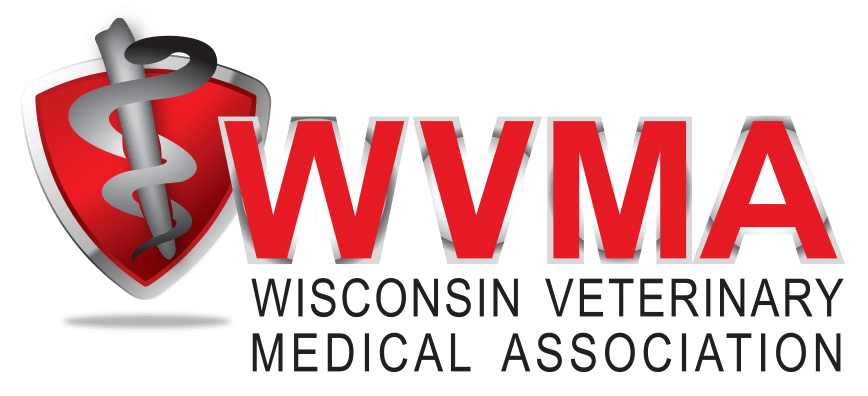By Dr. Darlene Konkle, Acting State Veterinarian
Wisconsin Department of Agriculture, Trade and Consumer Protection
The last thing most veterinary clients want to think about is the possibility of losing their animals during a disaster. The recent flooding in the Midwest reinforces how important it is to plan for pets and livestock during disasters. May 11 is National Animal Disaster Preparedness Day and there are many things veterinarians and veterinary technicians can do to help their clients protect animal health when disaster strikes.
Pre-Disaster Planning
Veterinarians are an important resource in disaster planning. Prior to an emergency, veterinarians can provide clients with health records and medications in case animals need to be moved. Veterinarians can also supply information on items clients should have ready to go at a moment’s notice. A complete checklist is available from the Centers for Disease Control. Since animals tend to hide or act differently in stressful situations, it is important to reinforce that practice makes perfect. Encourage clients to practice evacuating with their animals on a schedule so it becomes a routine process, and encourage them to involve the whole family. Reducing the amount of time it takes to get to safety can be crucial; sometimes you only have seconds to respond to changing situations.
Veterinarians also need to plan for their clinics and staff prior to an emergency. Medications, equipment and supplies could be damaged or staff may have difficulty coming to work during a disaster. Also consider your clinic’s evacuation plan. In addition to flooding, fires and explosions may cause area evacuations. Consider partnering with a sister clinic to share resources or house clinic animals during a disaster. Click here to learn more about disaster aid that is available for veterinarians.
During a Disaster
When the worst is coming, taking shelter is the only protection people and animals have. Many people stay with family or friends when they need to leave home, but this may not always be an option. Veterinarians can contact their local emergency management office if they need help finding shelter for owners and their animals, or to report animal-related issues. Remind clients to identify their animals and keep medical records and vaccinations
up to date. These items are critical when animals are housed in a disaster shelter. To find contact information for your area, click here. Keep emergency information posted in your clinic or enter it in your cell phone to have ready during an emergency.
Regardless if animals stay home or are relocated, there is the potential for disease to spread during a disaster. Common disaster-related diseases that affect both people and animals are leptospirosis and vector-borne diseases. Even if the disaster is not located near your clinic, veterinarians should be aware of rescue groups bringing animals from disaster areas to your community for veterinary care or shelter.
Post-Disaster Recovery
After an emergency, it can take time to return to normal. Clients may have lost their animals or they may have injured or sick animals that need medical care. After returning home, encourage clients to survey their home and yard for hazards, including debris, downed power lines, damaged fences and contaminated water. Release animals in safe and confined areas until they re-acclimate. Veterinarians can help reunite lost animals with their owners by sharing information on social media and partnering with local emergency management to care for unclaimed animals.
Partners in Disaster Survival
Disasters cannot be prevented, but planning can help save lives. Whether it’s flooding, excessive heat, storms or a chemical hazard, planning provides an added protection. The Wisconsin Department of Agriculture, Trade and Consumer Protections (DATCP) works in partnership with Wisconsin Emergency Management (WEM) to inform the public about impending situations that have the potential to be life-threatening. We encourage you to follow DATCP and WEM on Facebook and Twitter for updates and to help share important messages that could save lives. Veterinarians are the first line of defense for animal health, and you are an important piece of the emergency management matrix when it comes to public safety.
Learn more about preparing for disasters in the veterinary field with the following resources:
• Emergency Planning Resources for Veterinary Practices
• Disaster Preparedness for Veterinarians
• Placing the Human-Animal Bond in Context in the Face of Disasters
• Saving the Whole Family
